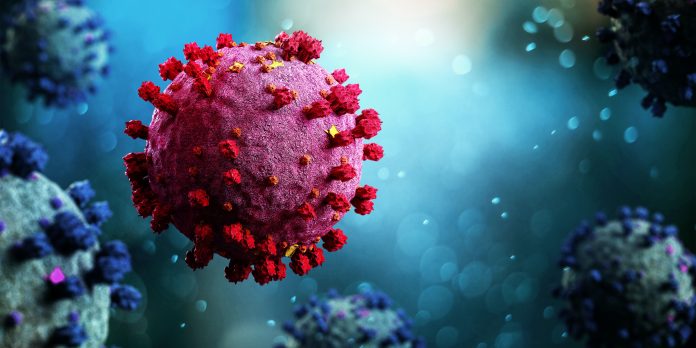In a move the Florida Department of Health is calling “abrupt,” the U.S. Food and Drug Administration has withdrawn emergency-use authorizations for multiple monoclonal antibody COVID-19 treatments. In turn, Florida is closing its monoclonal antibody treatment centers until further notice.
The decision to revoke the emergency-use authorization for “bamlanivimab and etesevimab (administered together) and REGEN-COV (casirivimab and imdevimab)” monoclonal antibody treatments came after research showing the treatments were not effective against the omicron variant of COVID-19, the FDA said in a Jan. 24 announcement.
“Because data show these treatments are highly unlikely to be active against the omicron variant, which is circulating at a very high frequency throughout the United States, these treatments are not authorized for use in any U.S. states, territories, and jurisdictions at this time,” FDA Center for Drug Evaluation and Research Director Patrizia Cavazzoni said. “In the future, if patients in certain geographic regions are likely to be infected or exposed to a variant that is susceptible to these treatments, then use of these treatments may be authorized in these regions.”
The monoclonal antibody treatments do not have full approval by the FDA, but have instead been distributed under an emergency-use authorization. With that authorization revoked, the treatments cannot be administered.
The state Department of Health fired back at the FDA in the Jan. 24 announcement that all Florida monoclonal antibody centers would be shut down.
“Florida disagrees with the decision that blocks access to any available treatments in the absence of clinical evidence,” the statement said.
The FDA, however, cites “best available science” in making the decision.
